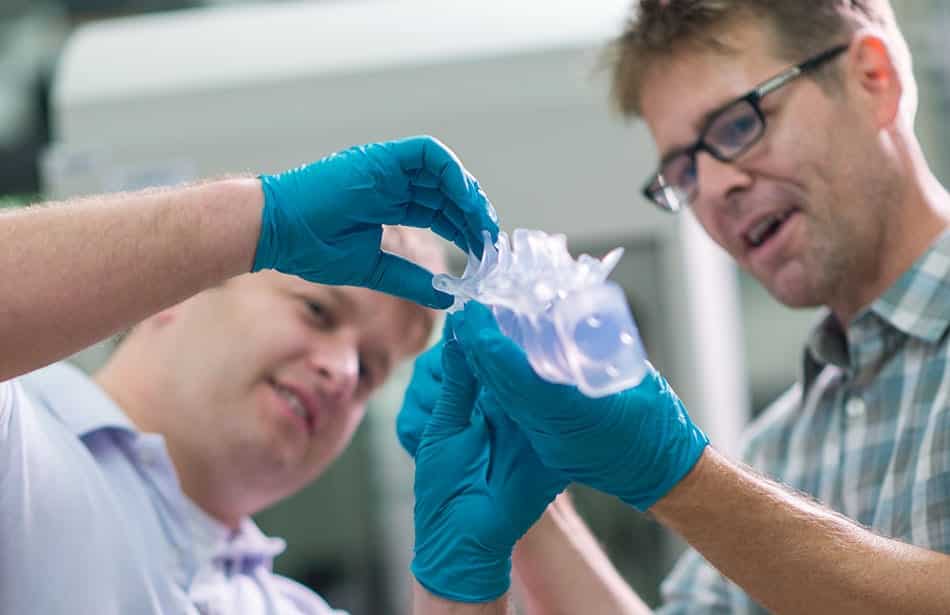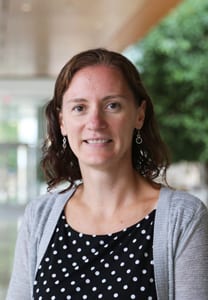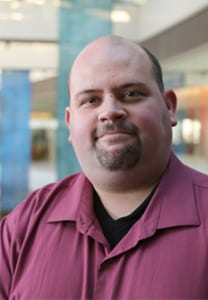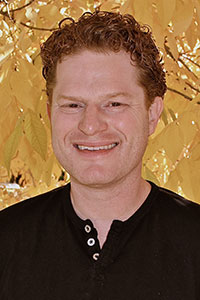Biomedical Imaging is a multidisciplinary research group committed to developing imaging, computation, and fabrication technologies for understanding and solving biomedical problems. The Multiscale Imaging Initiative develops biomedical imaging approaches across spatial scales for the imaging community at Morgridge and the University of Wisconsin–Madison. Investigators include Melissa Skala, and Kevin Eliceiri.
Melissa Skala’s lab develops new methods to understand and combat cancer using photonics-based technologies. Optical technologies are attractive for clinical translation because these techniques are inexpensive, portable, fast and provide a wealth of information on tissue structure and function. We are particularly interested in developing personalized cancer treatment strategies, and in developing more effective cancer therapies. Technology development focuses on metabolic and functional imaging of the tumor and its microenvironment (e.g. metabolic activity, blood vessel morphology, blood oxygenation, blood flow, and molecular expression).
The Fab Lab — a collaborative space led by Eliceiri that specializes in device design, 3D fabrication, and microfluidic production– is available to UW and Morgridge investigators who wish to work on new designs for biomedical research and clinical use. Current key projects include a novel imaging and wounding device for studying wound healing in zebrafish, a new multiscale imaging instrument that combines optical and ultrasound approaches to characterize breast cancer density and an open source tomographic light sheet microscope for understanding morphological changes in developing tissue.
The Prototype Pathway in Medical Engineering was created by Drs. James Berbee and Karen Walsh to spur device development for clinicians through direct collaboration between Medical Engineering student researchers and clinicians. Key highlights are designing urgent care instruments for the BerbeeWalsh Department of Emergency Medicine at the University of Wisconsin–Madison and designing a better organ cooler for the Department of Transplant Surgery.




